Developer Pulls Plug on Second Try for Garden-Threatening Spice Factory Towers
The unexpected move came just after the City Planning Commission approved a modified plan that appeared to have the full support of the developer.

The empty lot at 962-972 Franklin Avenue pictured in September 2023. Photo by Susan De Vries
In a surprising twist, developer Continuum Company is throwing in the towel on its controversial rezoning application for the Spice Factory site in Crown Heights. The move comes just after City Planning Commission approved a tweaked version of the proposal Monday afternoon, designed to protect the nearby Brooklyn Botanic Garden from shadows that would damage its plants — a plan that appeared to have the full support of the developer.
The site will now likely be developed as market-rate condos under the existing zoning, a rep for developer Continuum Company told Brownstoner.
To save the Botanic Garden and the nearby Jackie Robinson Playground while also allowing housing development, the City Planning Commission modified the developer’s application for a 14-story building at 962-972 Franklin Avenue from a proposed 145 feet and 475 units to 115 feet and 355 units. After nine of 12 commissioners approved the updated rezoning proposal in a vote Monday, Continuum Company said through its lawyer David Rosenberg that it intends to withdraw the application after years of trying to get a rezoning through.
Development of the Spice Factory, originally Consumers Park Brewing Company, has long been mired in controversy, with some locals hoping the historic brewery buildings could be preserved and intense opposition to any build that could threaten the Botanic Garden.
“A well-meaning project that cannot be financed will not be built,” Rosenberg told Brownstoner in an emailed statement. He said the changes would “significantly impact our ability to deliver on the promises we’ve made to the community – including the creation of much-needed affordable housing units and hundreds of good-paying union jobs. Today’s vote makes that financially unworkable.”

Continuum’s May 2024 rezoning application was to convert the property from an R6A zoning district to R8A and C2-4, allowing for a 14-story, 475-unit development rather than the seven-story development that would be allowed as of right.
Ahead of a recent public hearing on the proposal, the developer pitched a height limitation plane that would step the building down towards the rear of the lot, creating a slope that would limit shadows on the garden. Nonetheless, the structure would have reduced sunlight to some plants at Brooklyn Botanic Garden by one hour and 29 minutes a day in peak sunshine months, something BBG staff said would be “devastating” at the hearing.
DCP said it analyzed the height plane approach after the hearing, and on Monday presented its updated proposal to commissioners to change the zoning to R7D, which would allow for a 115-foot-tall 10- or 11-story building and would require a 15-degree slope on the western side of the building. The complex, DCP staff member Josh Vogel said, would have 355 units, of which 89 would be income restricted under the city’s Mandatory Inclusionary Housing program, required of any housing that takes advantage of a rezoning.
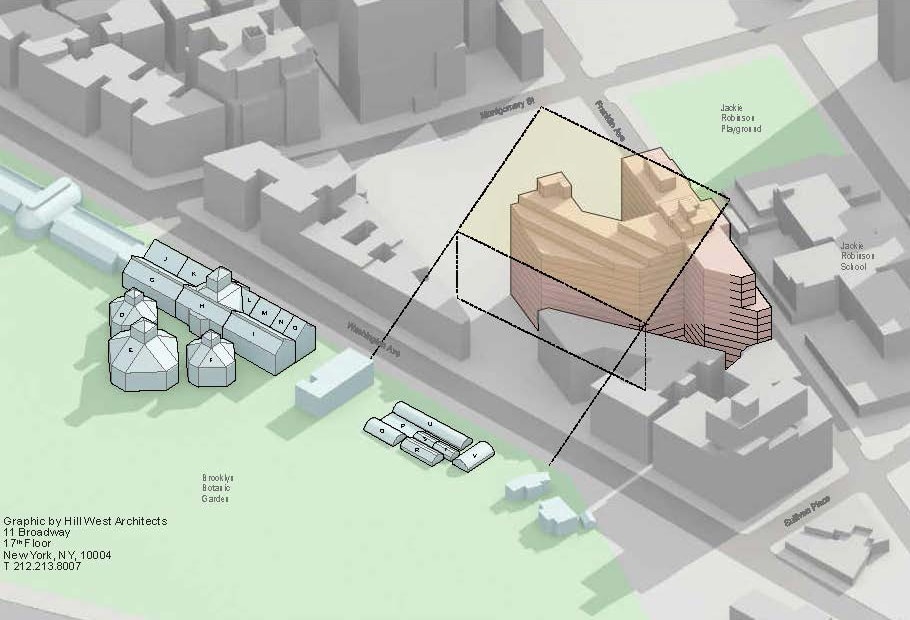
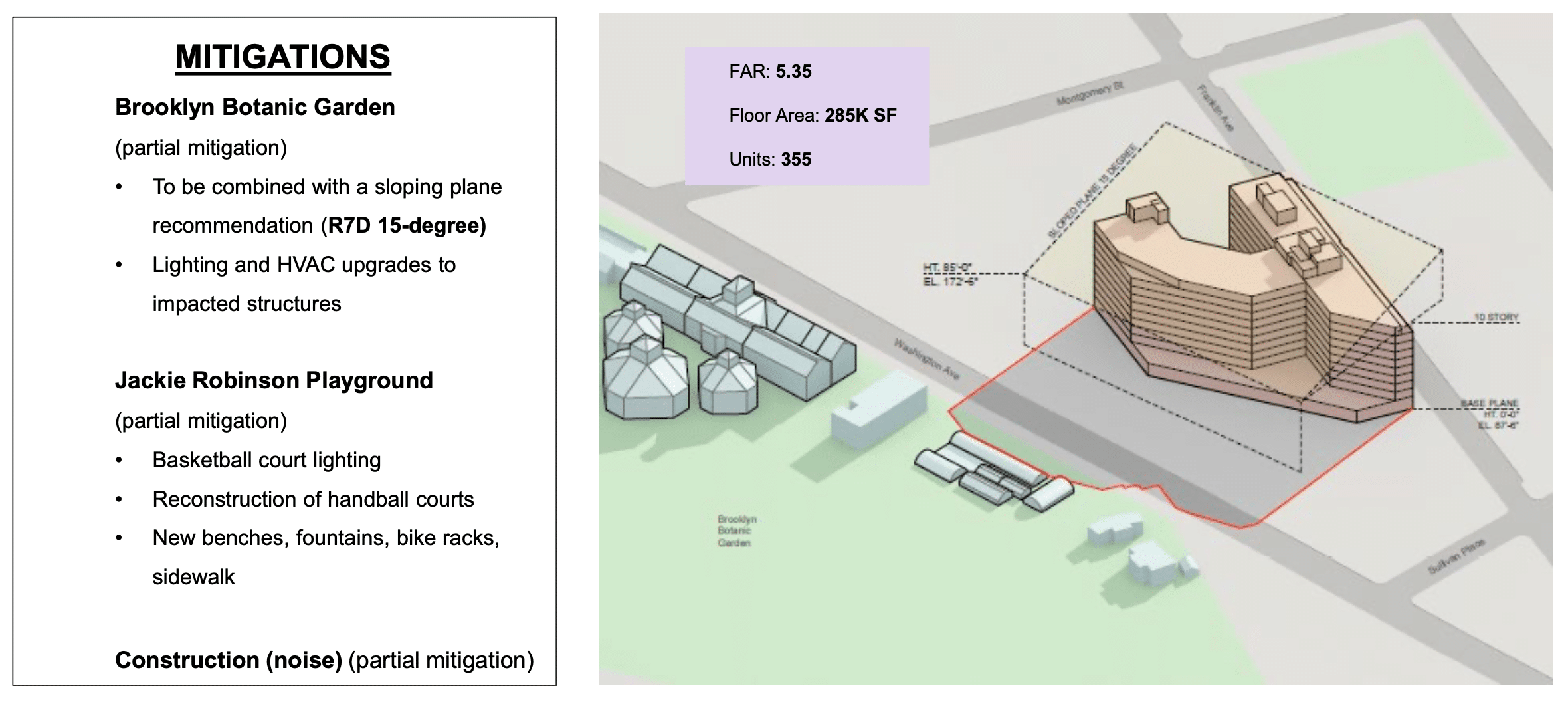
Vogel also pointed out in the presentation that if City of Yes zoning changes go through, the developer could increase the size of the building to up to 130 feet (including a bulkhead) and 230 units if they chose to use the proposed Universal Affordability Preference. The latter allows for 20 percent taller buildings if that 20 percent is affordable to families earning an average of 60 percent of Area Median Income.
With DCP’s proposed changes, the garden would lose around one hour and nine minutes of sunshine, an average of 30 minutes less than the original plan. Jackie Robinson Playground would also lose less light, Vogel told the commissioners.
“The main thing to highlight here is just that where the longest shadows do still exist, it’s on resources like the outdoor hardy plant nursery yard and the New York native collection propagation tunnel where, unlike the conservatories that are in glass pavilions, they have a little more flexibility to combine with partial mitigations, which wasn’t possible under the previous alternative,” Vogel said.
The proposal also required Continuum to enter a restrictive declaration to fund shadow mitigation efforts at BBG and invest in Jackie Robinson Playground, which the developer had entered into Monday, Vogel said. The apparent agreement makes the withdrawal of the proposal even more surprising.
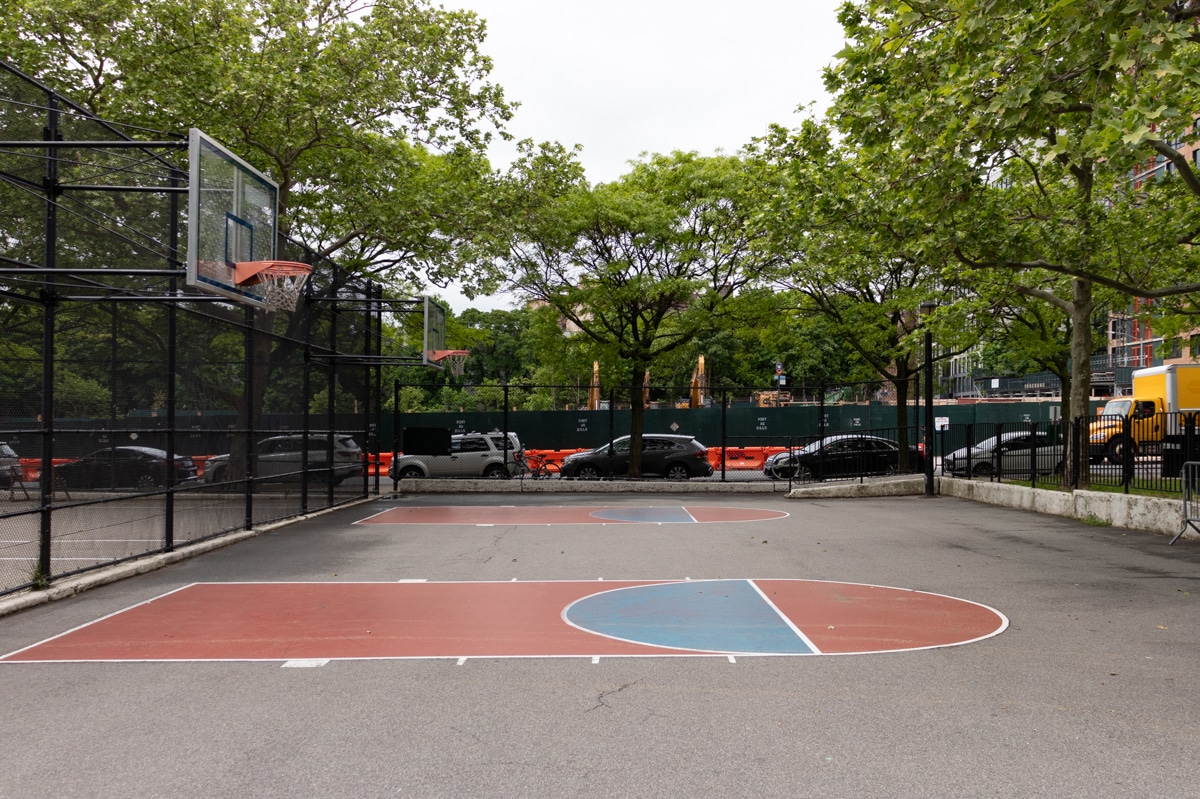
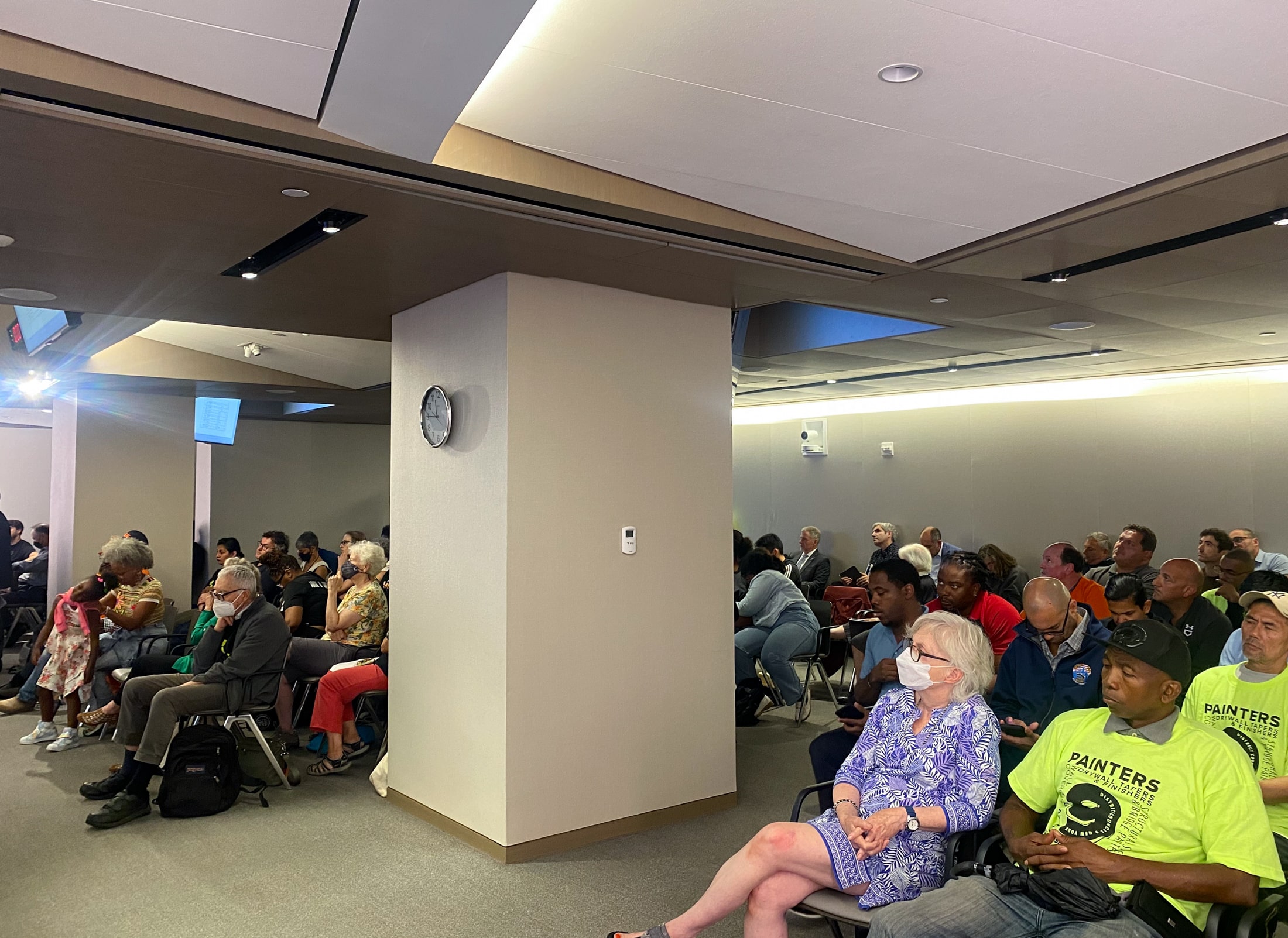
CPC Director Dan Garodnick said at the meeting that the proposal had been one of the most debated in years, and for good reason. “It calls out the need to balance an opportunity for new housing in the midst of a generational housing shortage and the protection of the Brooklyn Botanic Garden, one of the jewels of the borough,” he said at the meeting.
He said with the modifications proposed, “we can guarantee that the garden will thrive far into the future, while also creating the housing this community needs,” and added in an emailed statement following the vote “I thank our partners across the city, DCP staff, the Botanic Garden, and the applicant team for their collaboration and commitment to achieving our shared goals.”
The Brooklyn Botanic Garden also sent out an emailed statement following the vote saying it was “pleased the proposed development has been modified to better suit the needs of Brooklyn Botanic Garden and the community, particularly around Jackie Robinson playground, and we thank Mayor Adams, the leadership and staff of the Department of City Planning, and the Planning Commissioners for listening to the people of Brooklyn in looking for solutions to mitigate harm to the Garden.”
It did add that additional changes were needed to protect the garden, “specifically a decrease from 15-degrees to 10-degrees slope, to prevent serious shadow impacts to BBG’s most vulnerable collections.”
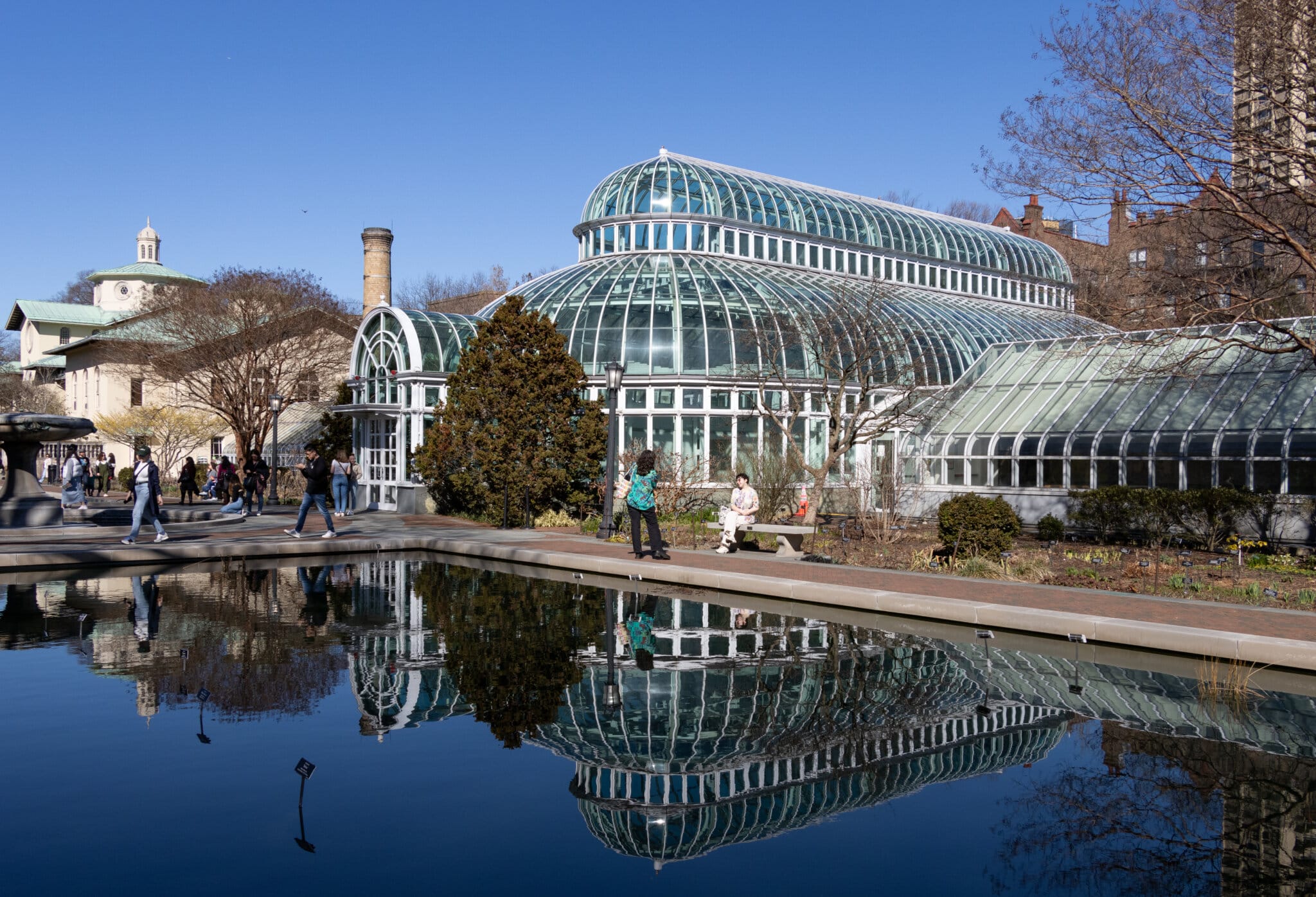
At the meeting, the commissioners, including the three who voted against the proposal, praised DCP, BBG, and the developers for working together to find a solution. Commissioners Leah Goodridge, Juan Camilo Osorio, and Raj Rampershad said they opposed the proposal due to the precedent the rezoning set on the city’s sunlight-sensitive resources, and what they said was a lack of affordability of the income-capped units.
“We all know that there’s a housing crunch, but we also see from a policy standpoint that it is forcing people to make this sort of decision that green spaces are not important,” Goodridge said. “We see that happening throughout the city, and I think that this is why this particular proposal really had a lot of people coming to testify, because that’s happening across the city.”
All the talk of finding a workable compromise between the parties during the vote also made Continuum’s about-face surprising. But Rosenberg said in an email to Brownstoner that BBG had refused to work with the developer during the process and said BBG’s request to reduce the slope size resulted in a proposal with 56 fewer apartments and something that “is not buildable.”
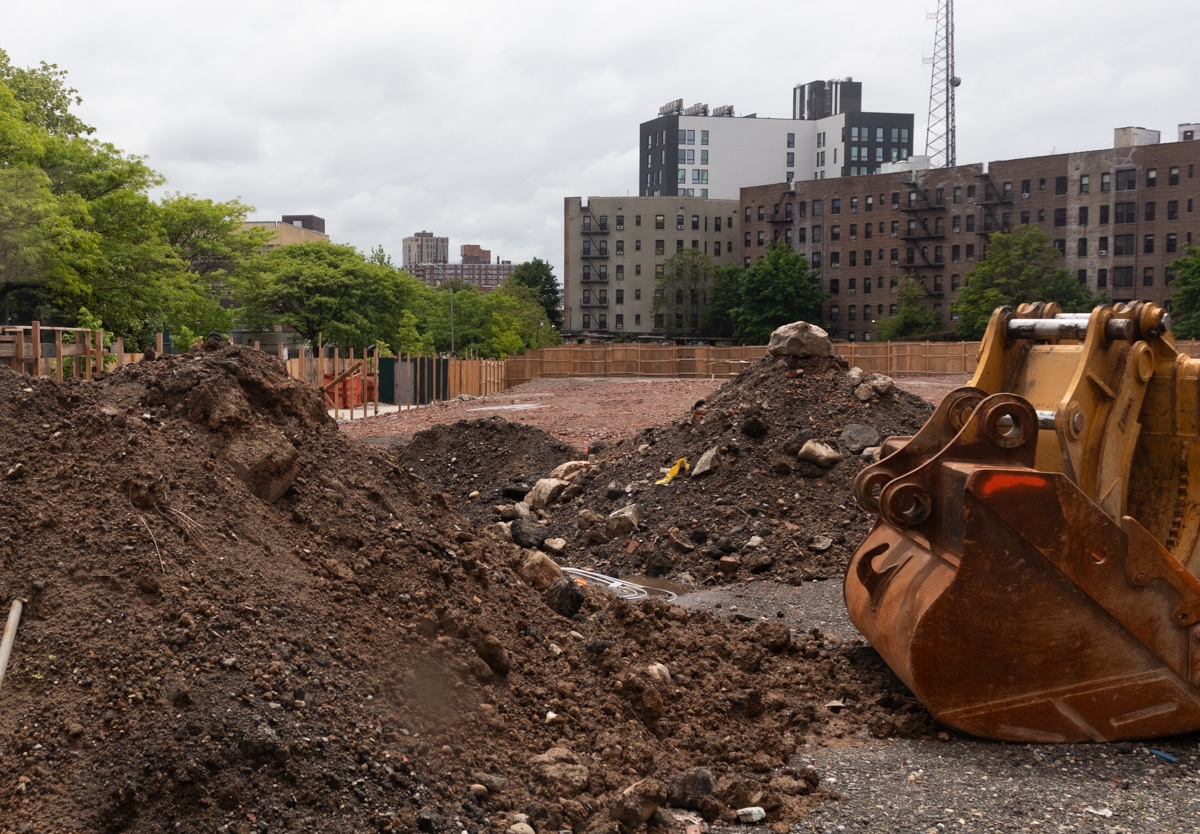
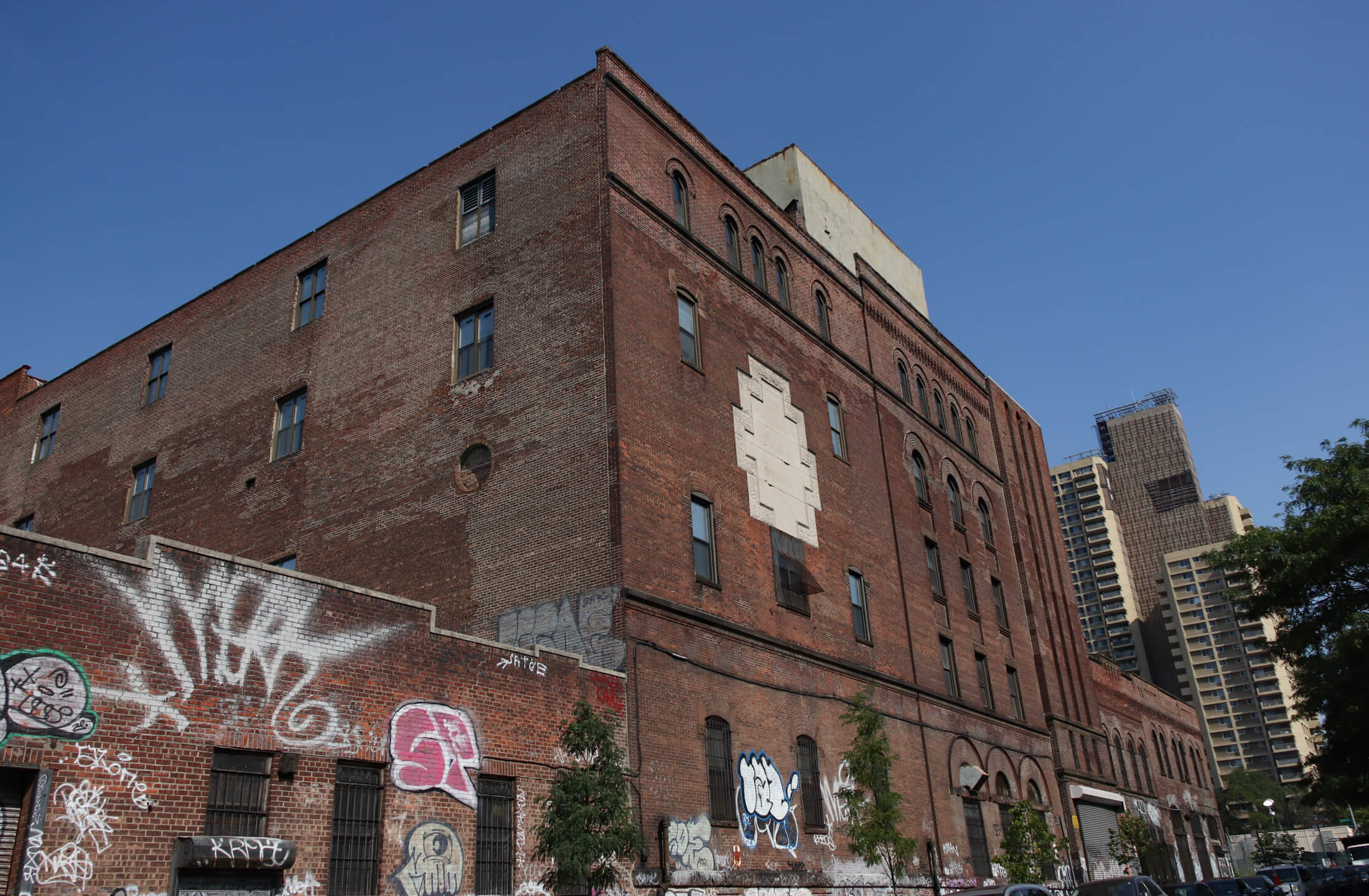
He said that without the rezoning the site would likely be developed as market rate condos rather than using the City of Yes Universal Affordability Preference, if it is passed by the city. (City Planning votes on it Wednesday.) Next door at 960 Franklin Avenue, also on the former Spice Factory site, developer Yitzchok Schwartz is planning an as-of-right seven-story 300-unit condo development.
Yesterday’s approval of the rezoning follows CPC’s 2021 denial of a highly contentious rezoning application for the Spice Factory site. It proposed two 39-story buildings with 1,578 units, which would have increased shadows on BBG by two to four hours. City Planning, City Council, and the mayor rejected it.
Despite CPC’s approval of this current proposal, it’s unlikely it will make it to the City Council given Continuum’s intent to withdraw it. So far, no new-building applications have been filed for the property.
Continuum said in its original rezoning application that if the rezoning is denied it would build a seven-story, 168-unit condo building that will be totally market rate. R6A zoning rules, which the site is currently governed by, allow for a 75-foot-tall development with an additional 55-foot-tall bulkhead.
Related Stories
- Crowd Defends, Again, Botanic Garden From Development Shadows at Heated Hearing
- Proposed Crown Heights Build Would Cast Harmful Shadows on Botanic Garden
- Locals Clash Over Arrow Linen Site’s Future at Raucous Community Hearing
Email tips@brownstoner.com with further comments, questions or tips. Follow Brownstoner on Twitter and Instagram, and like us on Facebook.


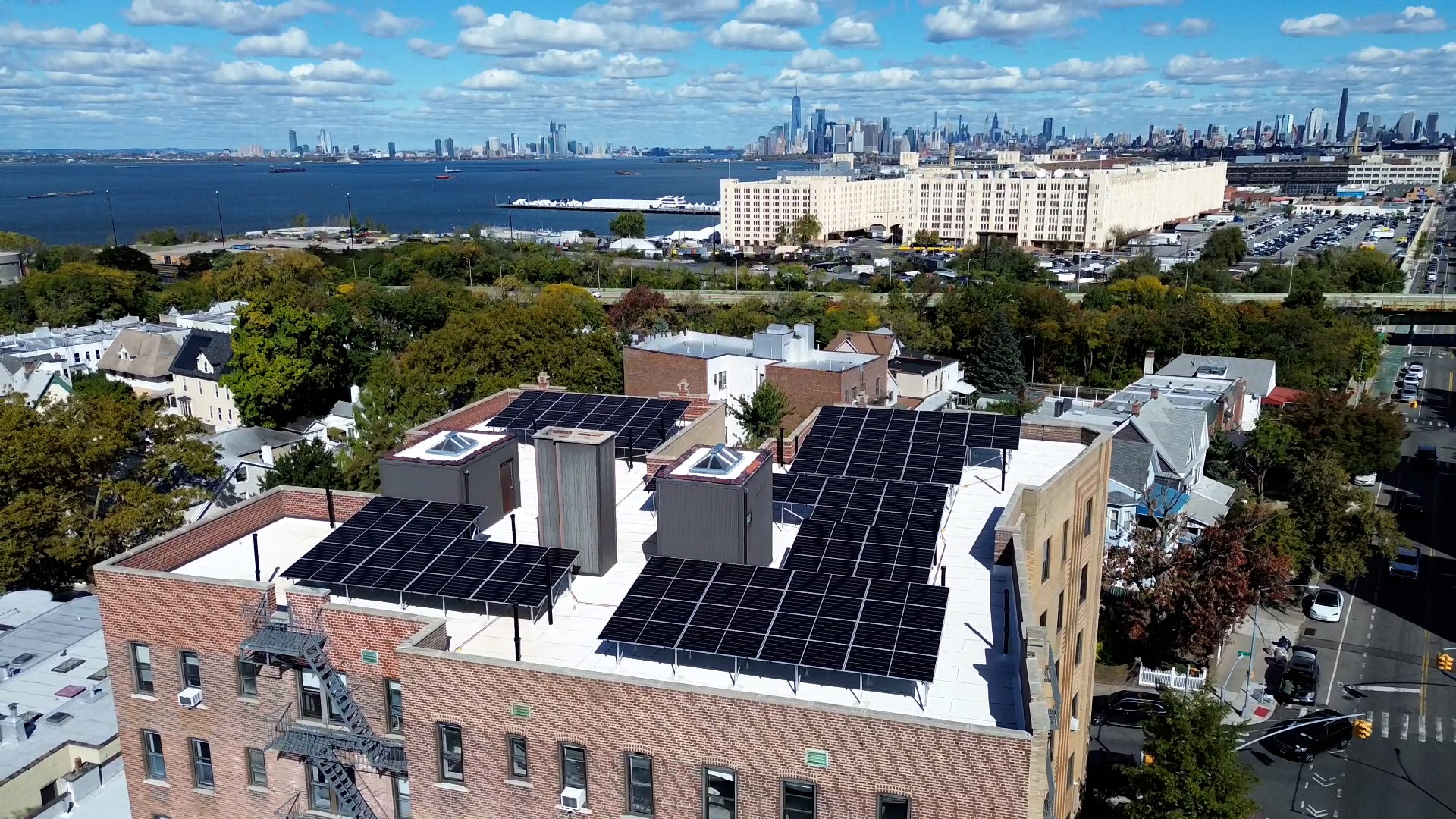
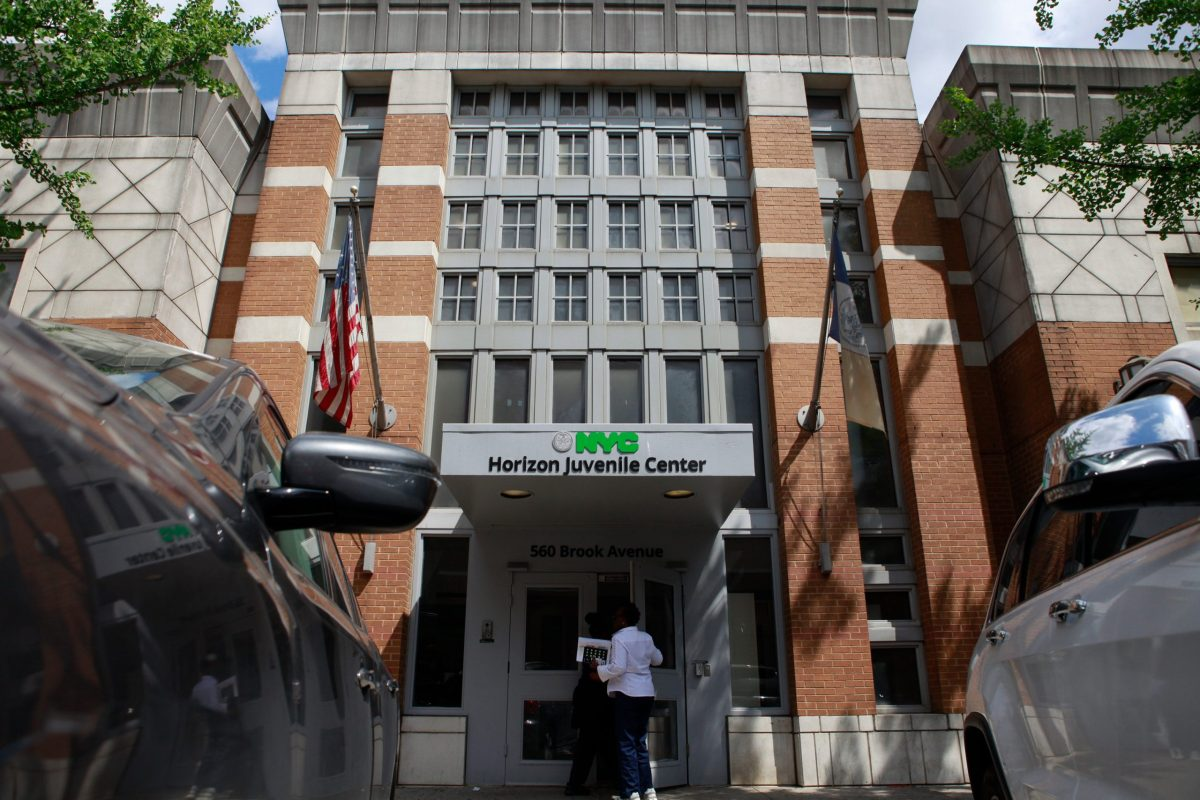
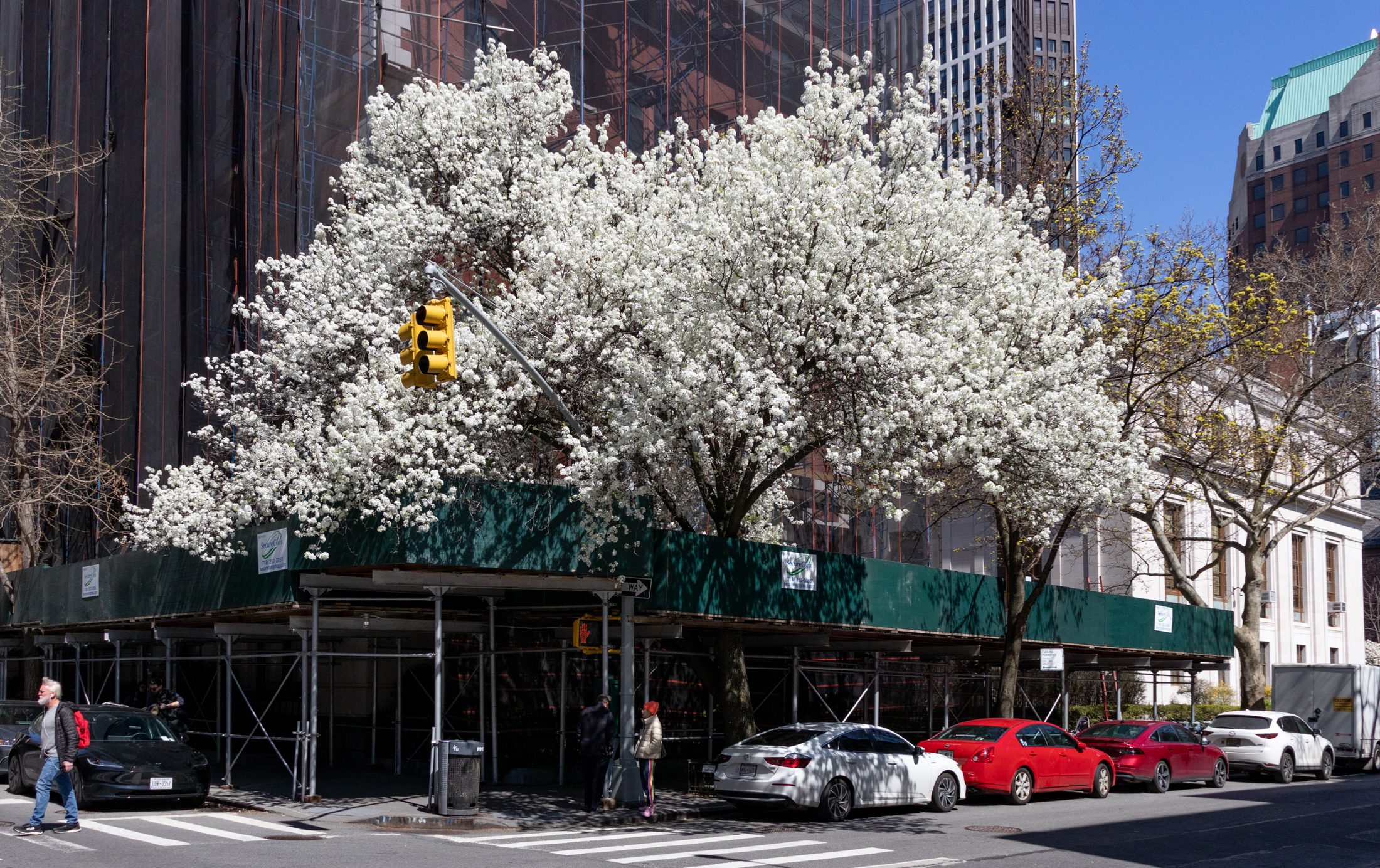
What's Your Take? Leave a Comment